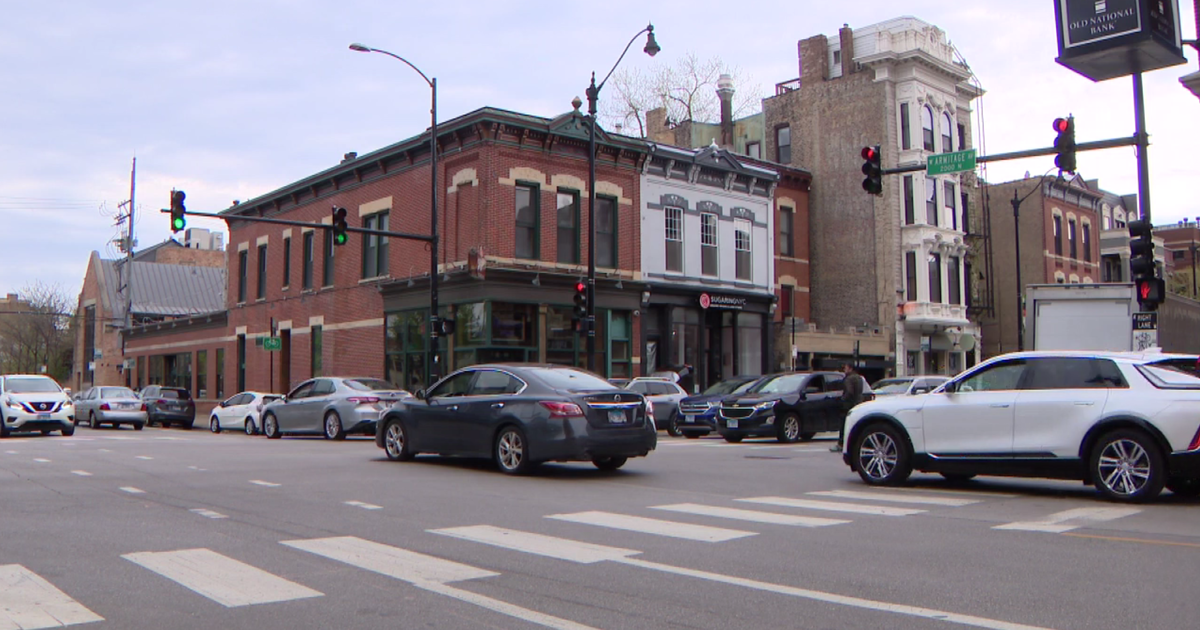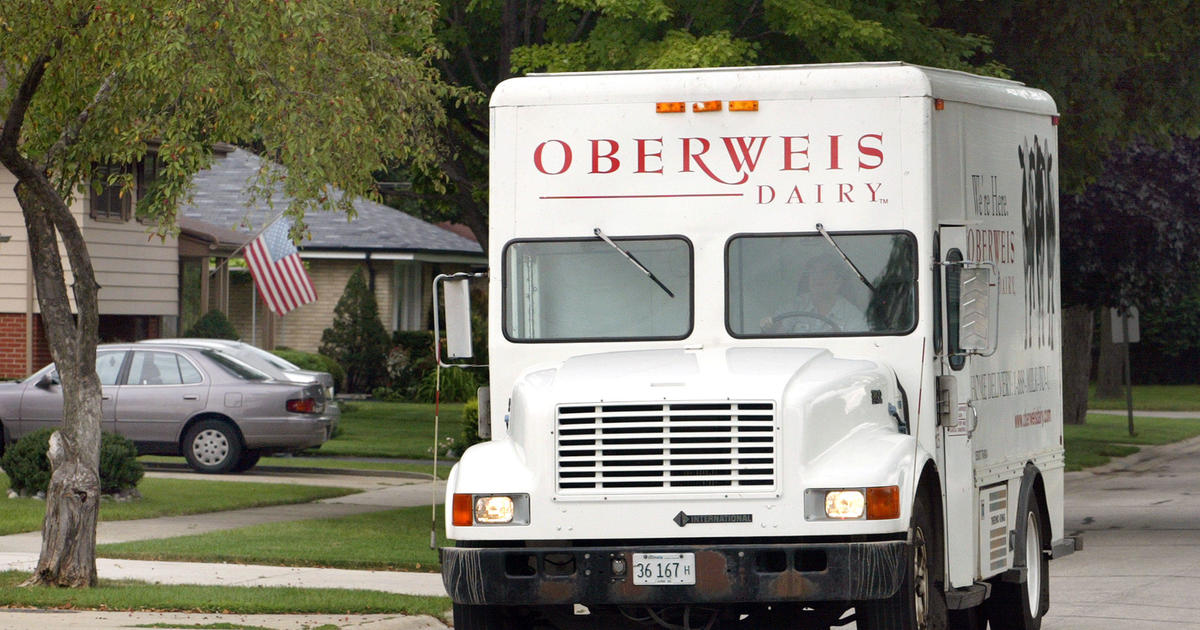Wisconsin, Missouri, North Dakota, Nebraska Added To Chicago's Travel Quarantine Order
CHICAGO (CBS) -- Wisconsin, Missouri, North Dakota, and Nebraska have been added to Chicago's emergency travel order, requiring travelers to self-quarantine for 14 days when they arrive in Chicago in an effort to limit the spread of COVID-19.
Starting Friday, travelers coming in from those four states will be included in the order, which already covered travel from Alabama, Arkansas, Arizona, California, Florida, Georgia, Idaho, Iowa, Louisiana, Kansas, Mississippi, Nevada, North Carolina, Oklahoma, South Carolina, Tennessee, Texas, and Utah.
Meantime, Illinois also has been added to the list of states on the travel quarantine orders for New York, New Jersey, and Connecticut. Anyone traveling to the Tri-State Area from a state on that list must quarantine for 14 days. The order applies to anyone traveling from a state where 10% or more of the people tested came back positive on a seven-day average.
Chicago's quarantine mandate requires anyone who is arriving in the city from states considered to be COVID-19 hot spots to self-isolate for a minimum of 14 days when they arrive in the city, including visitors to Chicago, and residents who are returning from travel to one of the states. The list of states included in the order is updated weekly to include states with more than 15 new COVID-19 cases per 100,000 resident population, per day, over a 7-day rolling average.
Wisconsin Gov. Tony Evers said Chicago's action should send a message to people in the Badger State.
"If Chicago thinks our people should stay home, then we better put some damn masks on, and make sure that we continue to reverse the course that we're in," he said.
Anyone commuting from Chicago to Wisconsin for work will be exempt from the quarantine order, but the mayor's office said they still must follow other requirements:
- They must limit their activities to work-related activities and functions that directly support their work, and avoid public spaces as much as possible.
- They should monitor their temperature and for any symptoms, wear a face covering when in public, maintain social distance, and clean and disinfect workspaces.
- They are required, to the extent possible, to avoid extended periods in public, contact with strangers, and large congregate settings.
The order also includes exemptions for essential workers, those traveling for medical treatment or parental shared custody, and those for whom self-quarantine "is not possible, practicable or advisable, provided such exceptions continue to safeguard the public health."
To date, no one has been fined for violating the city's travel order, and the mayor's office has said enforcement will essentially be on the honor system.
"This has really got to be about not just fining people into compliance, but understanding the risk factors out there and the risks that they're taking for their own health and the risk factors for everyone they come into contact with," Mayor Lori Lightfoot said Monday.
Chicago Department of Public Health Commissioner Dr. Allison Arwady said Tuesday the goal is to make sure people are doing their part to stop the spread of COVID-19 in Chicago. With states around us seeing an increase in cases, the plan is to make sure that doesn't happen in Chicago.
"This is really meant to protect the progress that we've made here in Chicago," she said.
Arwady said the city is starting to follow up with people who have traveled to states on the list, and authorities are looking at ways to enforce rules for those who are required to self-quarantine.
"The primary goal certainly is about education, about helping people recognize that there is significant personal risk when people are traveling to states where the outbreak is in very poor control; and that, when they return to Chicago or if they visit Chicago, they are in turn bringing that risk to others," she said.
While cases of COVID-19 have also been rising sharply in Indiana, Lightfoot said Monday that Indiana has not yet met the threshold 15 new cases per 100,000 people to warrant addition to the quarantine list.






